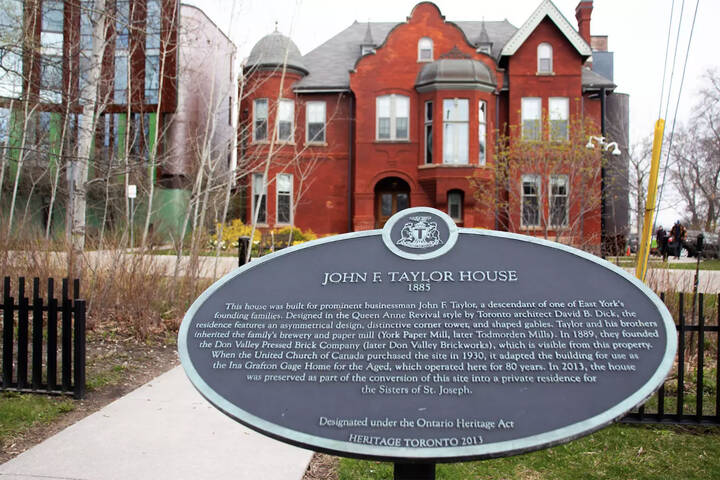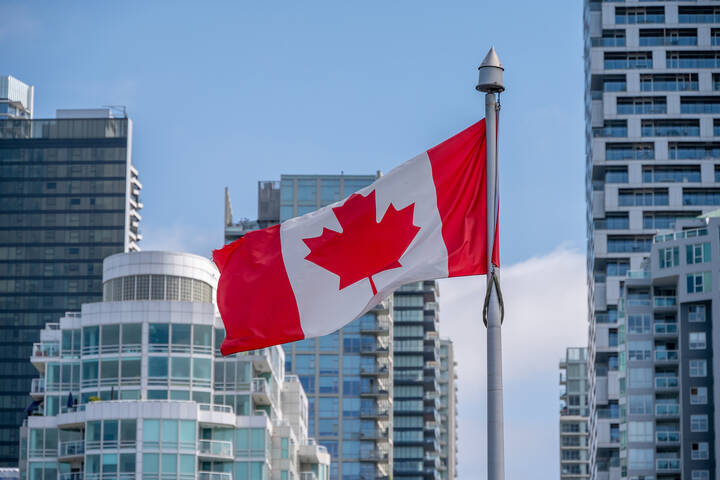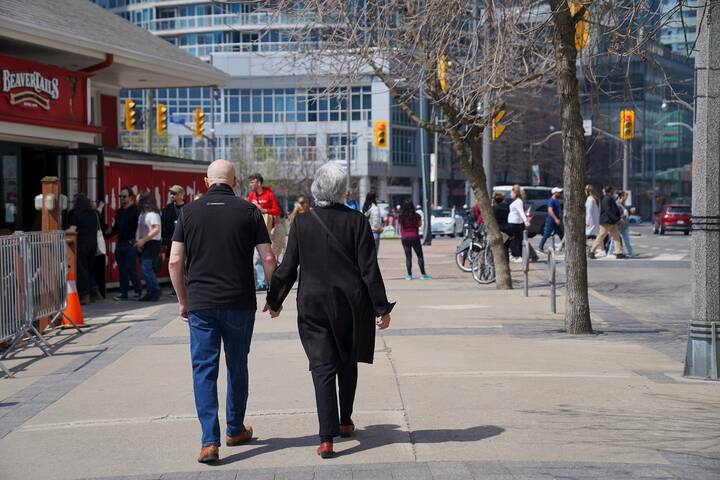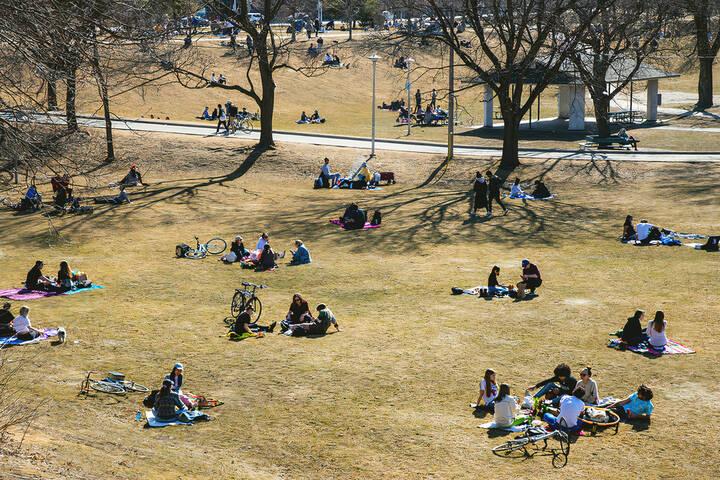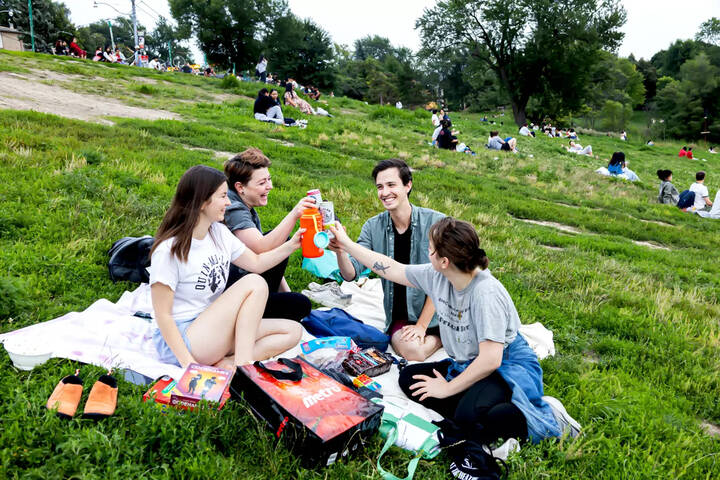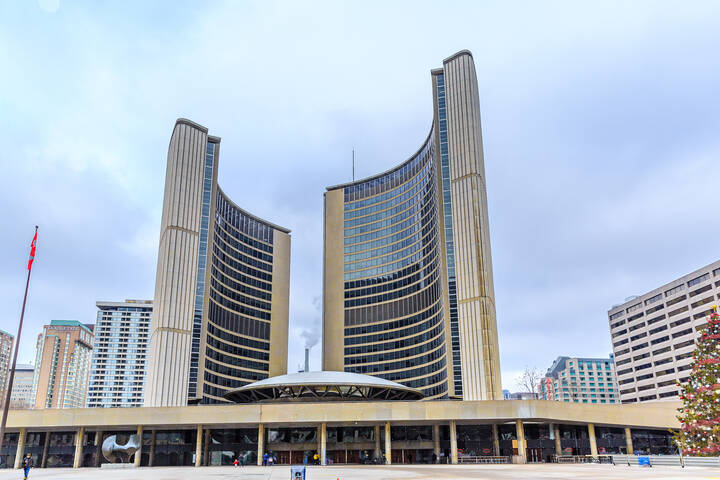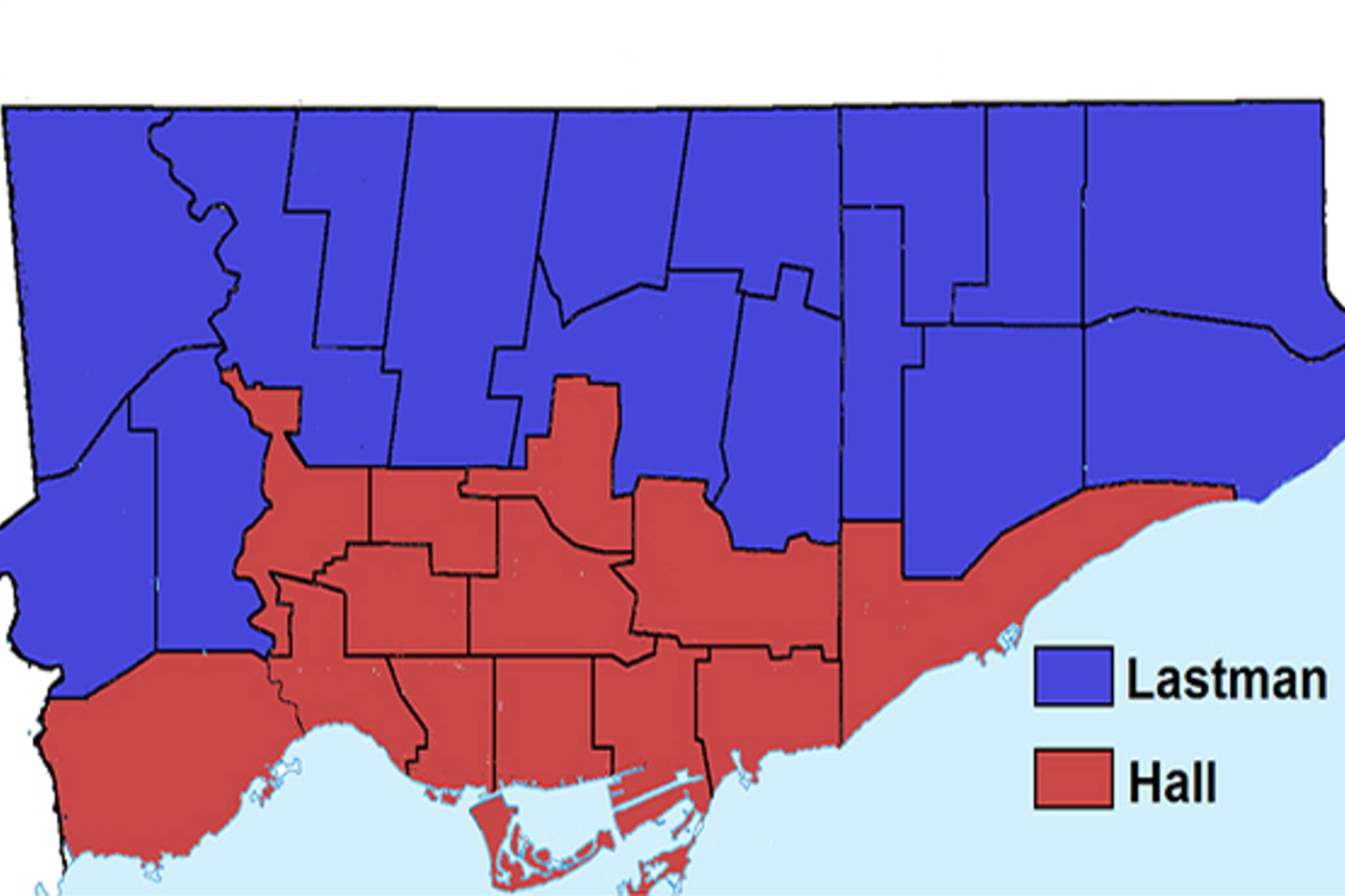
Will the mayoral race once again be defined by the "urban" vs. "suburban" split?
Despite a lack of consensus on its origin or boundary, much has been made in the past of Toronto's putative East/West divide. But, though it's quite common to hear residents claim the superiority of one side over the other, I suspect the staying power of the debate is that no one really takes it all that seriously. It's enjoyable to discuss where the better restaurants and amenities are located in relation to Yonge Street (or, as some would have it, the Don Valley) precisely because the stakes aren't particularly high. After all, does anyone really believe there's a deep-rooted ideological opposition between those who live in the East and those who live in the West? I doubt it.
But what about a North vs. South, urban vs. suburban divide?
With Rob Ford's ascent to front-runner status in the 2010 mayoral race, much is once again being made of the oppositional voting preferences of those who reside in old (urban) Toronto and what were once the suburbs that sprouted up around the core of the city. I say "what were once the suburbs" because post-amalgamation it makes little sense to use this terminology to describe areas like Scarborough, North York and Etobicoke.
But, forgetting this terminological inaccuracy, there's compelling evidence -- at the very least from a political perspective -- to suggest that the old city and its former suburbs have never aligned ideologically.
I'm going to take a closer look at the lasting opposition to amalgamation in a later post, but there are plenty of reasons one can cite to support the idea that such a divide exists. Over and above the rather obvious voting split revealed in the results of the the 1997 (above) and 2003 (below) elections, it's worth pointing out that opposition to the province's plans to amalgamate the municipalities of Metro was enormous from the very beginning. Citizens were concerned about a myriad of issues, but on a general level it was a fear of under-representation that fueled the fight against amalgamation. As Mel Lastman proclaimed back in 1997, "You won't find North York anywhere on the map! North York is gone!"
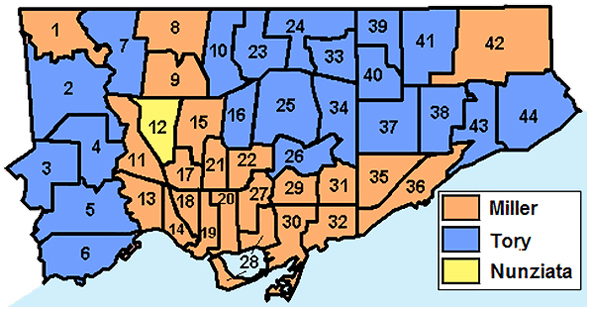
But even though Barbara Hall, Lastman's competition in the mayoral race that year, was also against amalgamation, it's not really a surprise that the results of the election were split between north and south. Regardless of their stance against the province's decision to amalgamate, the deed had been done, and each candidate was affiliated with the municipality he/she formerly governed. Hall was the lefty from old Toronto, while Lastman's position on the right struck a chord with voters in other formerly suburban municipalities beyond just North York (e.g. Etobicoke and Scarborough).
None of this is really news. But it does at least partially explain Rob Ford's recent polling success. I can recall a number of occasions over the last few weeks in which I confidently proclaimed that Ford's popularity will be checked once the mayoral race kicks into high gear post-Labour Day. It wasn't a particularly sophisticated argument I was making. At bottom, I merely believed that Ford's views on a host of issues -- be it immigration, same-sex marriage, city spending or reducing the number of city councillors -- don't jive with the values of the average Torontonian.
But, alas, there's a basic fallacy that informs this stance, one that these maps and recent polls show rather well. It's not really possible to speak of average or typical citizens when it comes to Toronto politics (if it ever is). In the wake of amalgamation in particular, the nature of the issues at play in municipal politics tends to galvanize groups of people who share a common geography.
When David Miller won in 2003, he made significant inroads with voters in areas that Barbara Hall did not in 1997. So the question for the upcoming election is whether or not any of the centre to left wing candidates can do the same. It certainly doesn't appear this way at present -- and if that remains the case, we're likely to see a similar looking voting breakdown in October.
Maps sourced from the Wikimedia Commons.
Latest Videos
Latest Videos
Join the conversation Load comments
